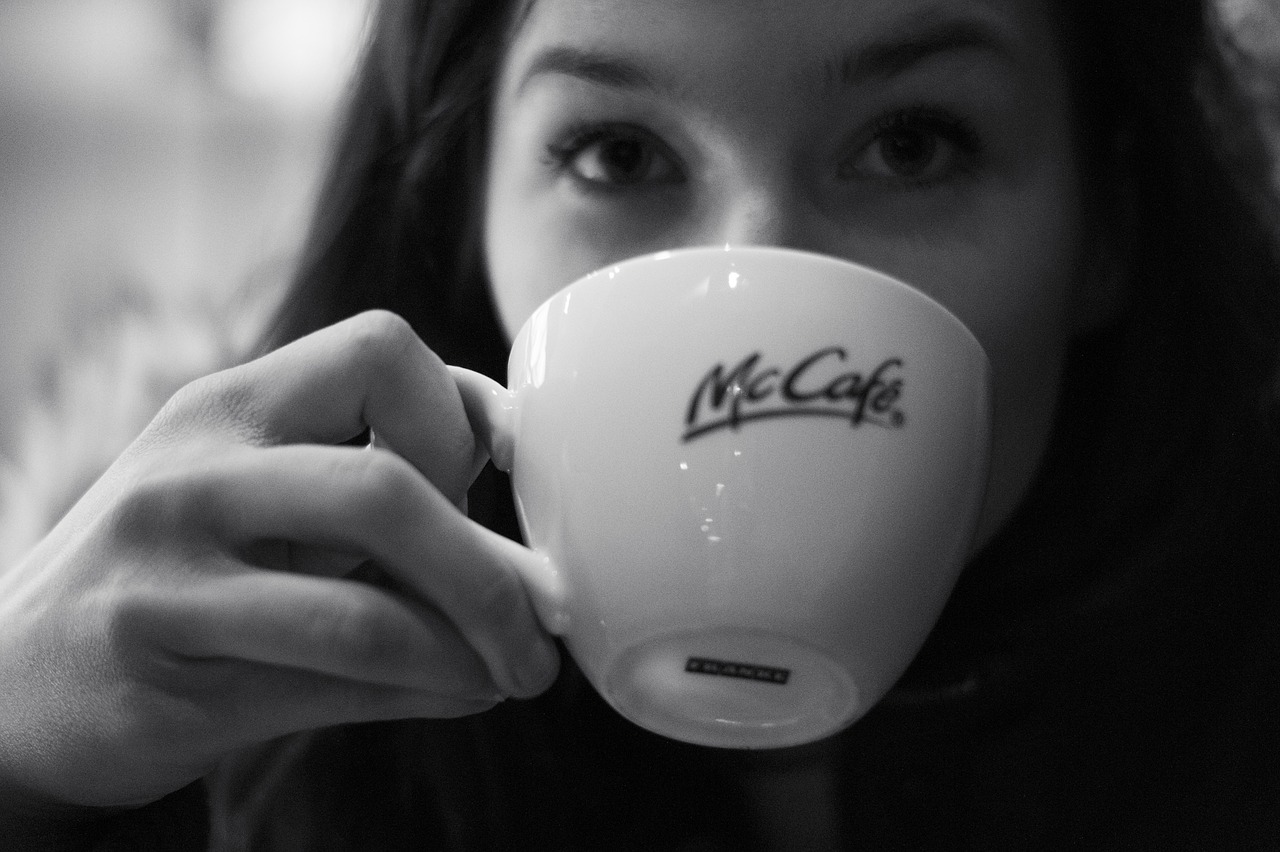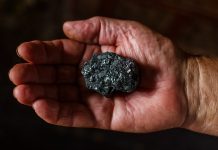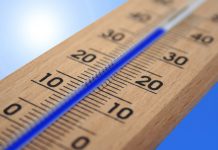
Automobile company Ford has partnered with McDonald's to transform coffee waste into car parts, such as the headlamp housing.
Ford, which will start incorporating coffee waste into the plastic headlamp housing used in some cars, has tapped McDonald's to connect it with its coffee suppliers. The fast food company does not roast its own coffee.
Ford will start using coffee chaff, the coffee bean skin that comes off during the roasting process, as a material for making its headlamp housing that traditionally uses plastic and talc. Debbie Miewelski, senior technical leader of materials sustainability for Ford, explained that using coffee chaff is more sustainable because it's lighter and does not use the mineral talc which is non-renewable.
The initiative comes as consumers become more concerned about plastic pollution and carbon emissions in recent years. In response to this trend, companies have vowed to reduce their impacts on the environment and develop innovative, sustainable materials to build consumer products.
Miewelski pointed out that coffee chaff, unlike talc, is widely available and much of it goes to waste. Ford hopes to use the coffee material in more ports and incorporate them into more cars.
Since 2011, the automobile giant has been using soy-based foam in its cushions as well as waste from wheat, coconut, tomato and other plants in its cars in order to help meet some of its sustainability goals. Miewelski said: "If you came to our lab, it looks somewhere between a landfill and a farm."
She also added that Ford decided to tap McDonald's because of its scale and comparable sustainability goals as the restaurant chain also aims to incorporate renewable and recycled materials into its products.
McDonald's recently achieved its goal of sourcing all of its US coffee sustainably a year ahead of schedule, and is currently working with its competitors to develop more environmentally friendly coffee cups.






